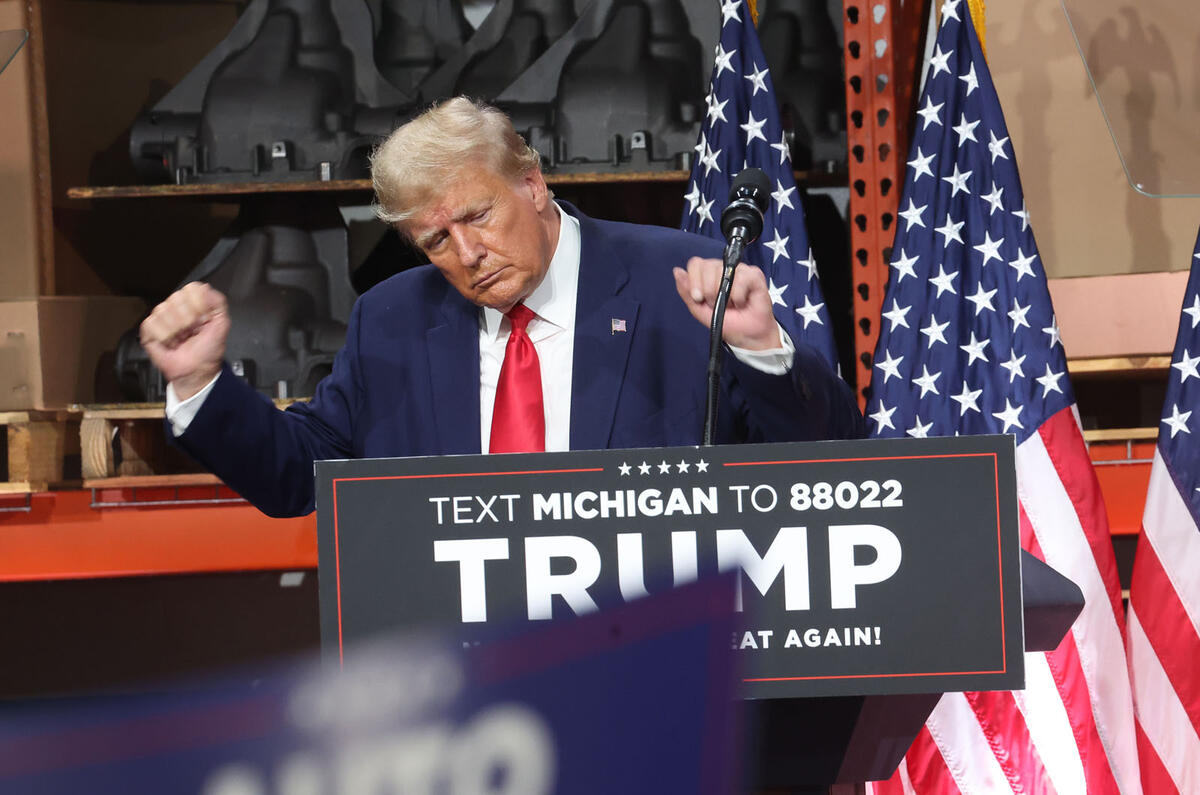The American automotive landscape could be fundamentally reshaped under new US president Donald Trump, as he promises to suppress the growth of EVs and green energy in favour of fossil fuels and hike taxes on imported vehicles and parts.
Both shifts will affect European car makers, too. Those exporting from the EU and the UK are bracing themselves for higher barriers to entry into a key market, potentially reducing their sales and income.




Add your comment